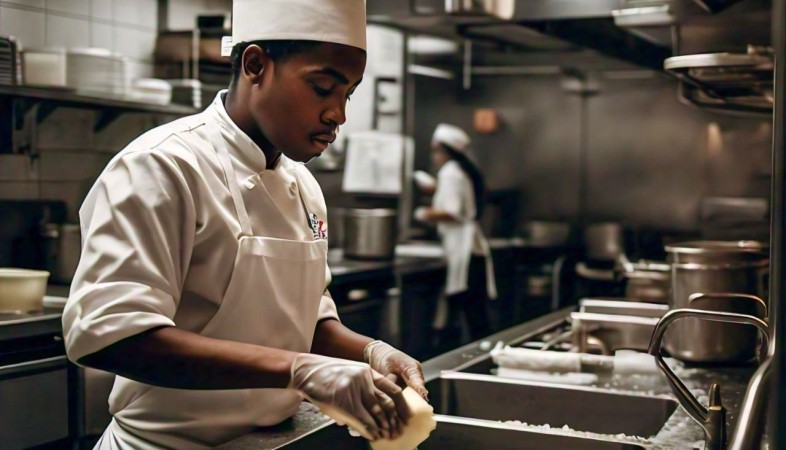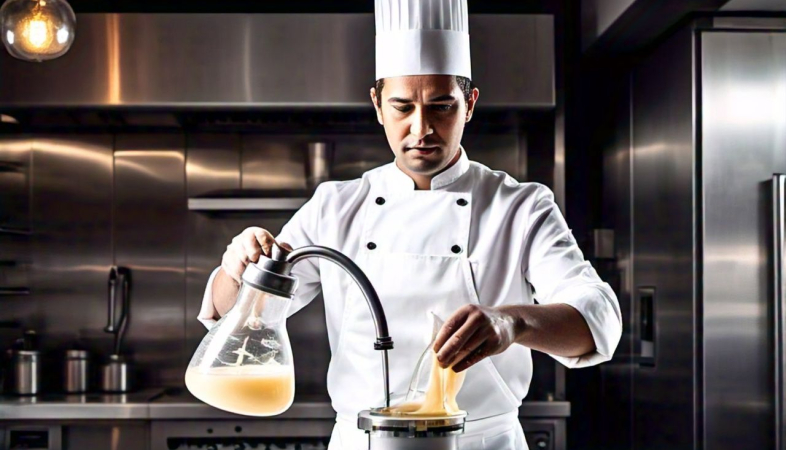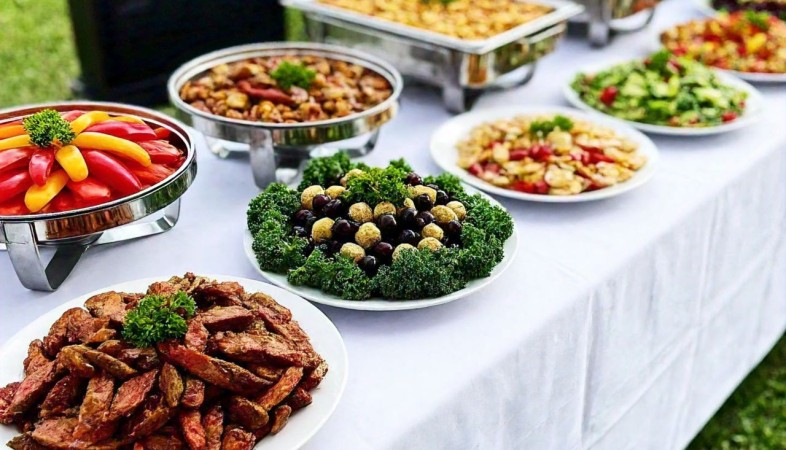Handling Customer Complaints About Hygiene and Cleanliness: The Role of Kitchen Stewards
Through their diligence and expertise, kitchen stewards ensure that hygiene remains a cornerstone of customer satisfaction and operational excellence.
In the hospitality industry, hygiene and cleanliness are
paramount, particularly in food and beverage establishments. A single complaint
about cleanliness can severely impact a restaurant's reputation and customer
trust. Amidst these challenges, kitchen stewards play an indispensable role in
maintaining high standards of hygiene and addressing customer complaints
effectively. Their behind-the-scenes efforts not only ensure compliance with
health regulations but also contribute significantly to the overall dining
experience.
When customers raise complaints about hygiene, it often reflects their perception of cleanliness in the dining area or the food preparation environment. Kitchen stewards are tasked with creating a foundation of sanitation that prevents such complaints from arising. By maintaining spotless cookware, ensuring clean surfaces, and following rigorous cleaning schedules, stewards lay the groundwork for a hygienic operation. Their meticulous attention to detail minimizes the risks of cross-contamination, pest infestations, or visible signs of neglect that could trigger customer dissatisfaction.
Effective communication between the front-of-house and back-of-house teams is crucial when addressing hygiene-related complaints. Kitchen stewards often work closely with chefs, servers, and managers to investigate the source of the complaint and implement corrective actions. For instance, if a diner reports spotting a dirty utensil, stewards are responsible for inspecting and rectifying the issue while ensuring it does not recur. Their swift and proactive response not only resolves the immediate concern but also reassures customers that hygiene is a top priority. This collaboration between departments fosters a culture of accountability and professionalism.
Training and standard operating procedures (SOPs) are essential in empowering kitchen stewards to handle cleanliness-related challenges effectively. Many restaurants invest in training programs that teach stewards the latest hygiene practices, such as proper waste disposal, deep-cleaning techniques, and the safe handling of cleaning chemicals. These practices not only uphold health codes but also reflect positively on the establishment's commitment to safety. With well-trained stewards on the team, restaurants can address complaints confidently and prevent hygiene lapses from tarnishing their reputation.
Technology has further enhanced the role of kitchen stewards in maintaining cleanliness. Modern tools and equipment, such as automated dishwashers, steam cleaners, and sanitation monitors, simplify their tasks and ensure thorough results. Digital checklists and tracking systems allow stewards to document cleaning schedules and identify areas requiring immediate attention. By integrating technology into their workflow, kitchen stewards can operate more efficiently, reducing the likelihood of oversights that could lead to customer complaints.
The work of kitchen stewards goes beyond cleaning—it encompasses creating a safe and welcoming environment for diners. Their dedication to hygiene reflects the values of the establishment and fosters trust among patrons. In cases where complaints arise despite their best efforts, stewards can demonstrate accountability by addressing concerns promptly and transparently. Their role serves as a reminder that maintaining cleanliness is a team effort that directly impacts the success of any restaurant. Through their diligence and expertise, kitchen stewards ensure that hygiene remains a cornerstone of customer satisfaction and operational excellence.
.png)























 at ITC Hotels.jpeg)





